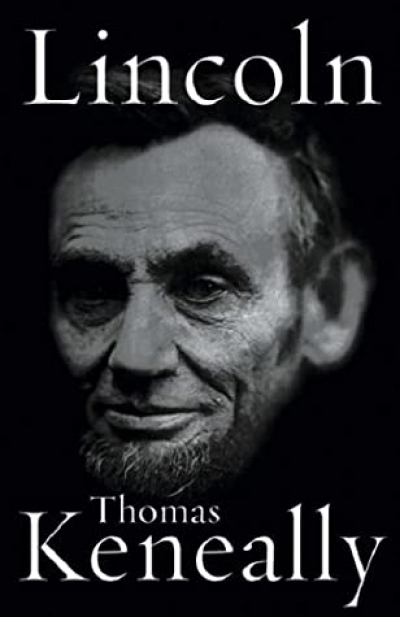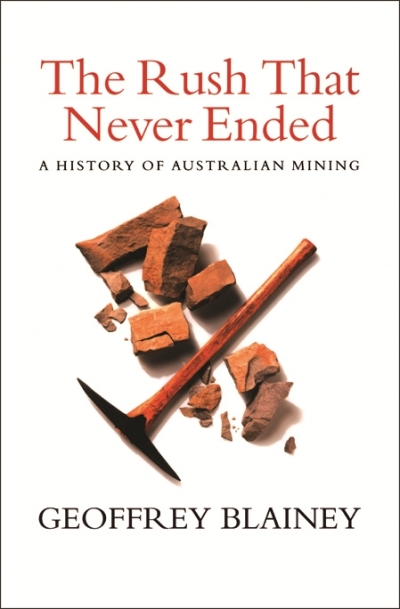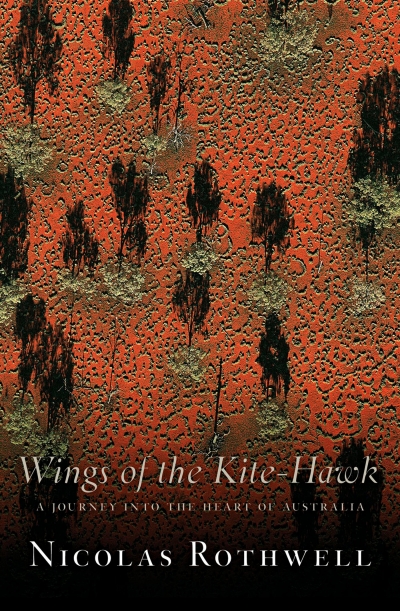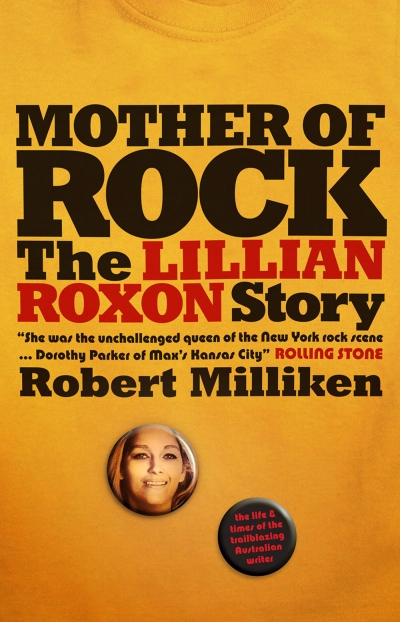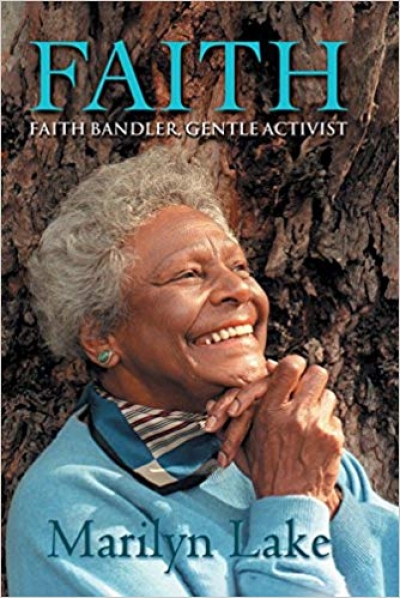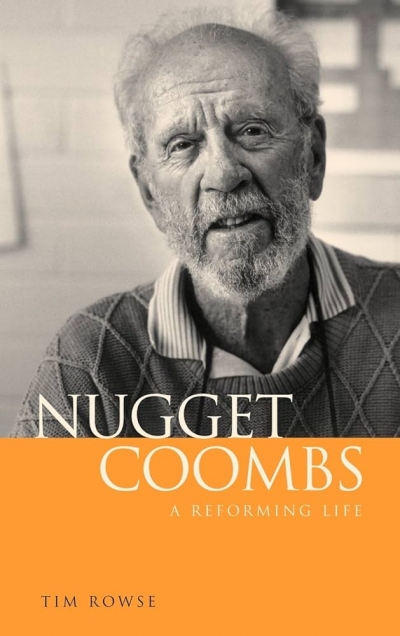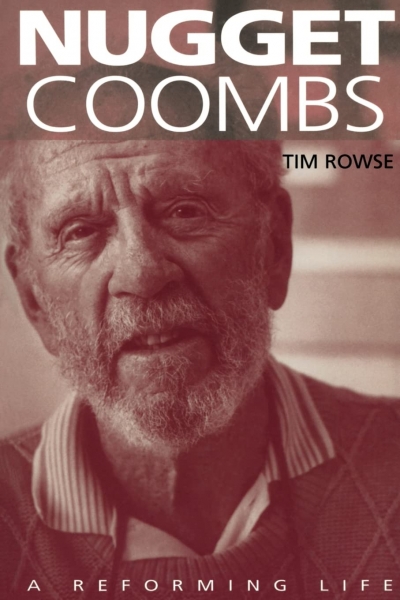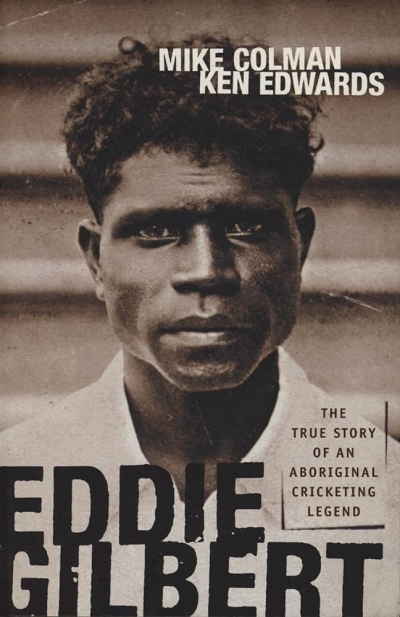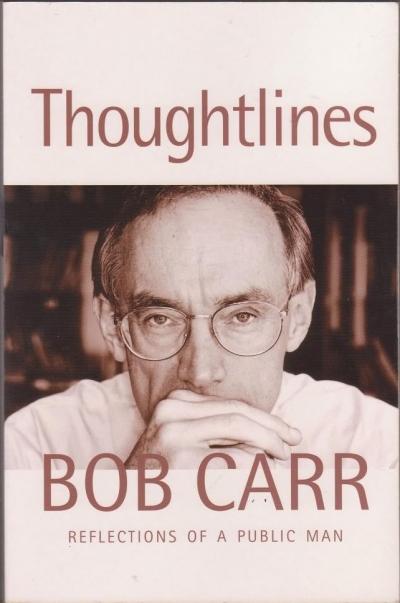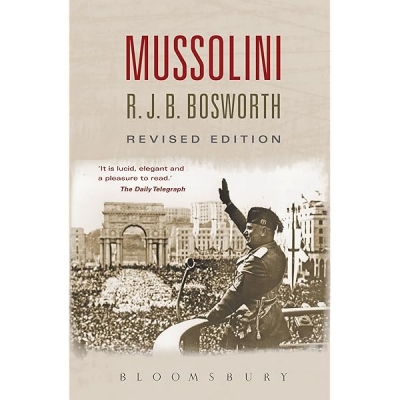Martin Amis’s encapsulation of biography is that it should convey a sense of what it would be like to spend some time alone in a room with the subject. Robert Milliken begins his story of Australian journalist and rock music taxonomist Lillian Roxon by revealing that he once went one better: thirty years ago, as a rising reporter in London, he not only met Roxon at a boutique hotel in Notting Hill but jawboned with her at length. That is to say, she talked and he listened. Roxon, Milliken recalls:
talked without interruption for the next two hours, entertaining me, shocking me and making me laugh. She told scandalous stories about this one and that one, and even about herself. She also talked about her problems with editors, her asthma and her mother, three principal preoccupations of her life, even though Mrs Roxon, caricatured as an interfering Jewish mother, was long since dead.
...
(read more)

